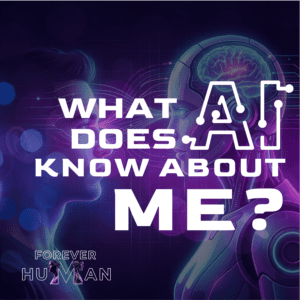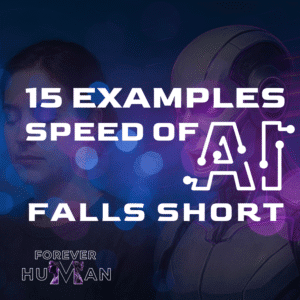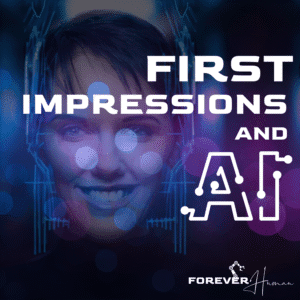Human Performance and AI: Why Output Isn’t the Only Thing That Matters

Human performance used to be measured by what we could produce: faster, cleaner, more efficient. Now? It’s measured by how well we perform next to a machine that never sleeps, never forgets, and never blinks.
AI doesn’t just raise the bar; it resets the entire arena. It alters how we work, how we’re evaluated, and what “good enough” even means. But here’s the twist: the more AI optimizes, the more human potential gets squeezed into the margins.
It’s not just about keeping up with the machine. It’s about proving we still matter beside it.
KEY TAKEAWAYS
- Human performance and AI are not competing forces, but they are colliding realities
- Some traits (speed, memory, repetition) are losing value; others (judgment, resilience, creativity) are rising fast
- AI creates efficiency, but also emotional fatigue and skepticism
- Trust, meaning, and motivation are harder to sustain in AI-integrated environments
- Workplaces need to redefine performance beyond output; toward contribution, nuance, and adaptability
- Human performance isn’t just “how much we do” but “how we show up”
When Faster Isn’t the Flex Anymore
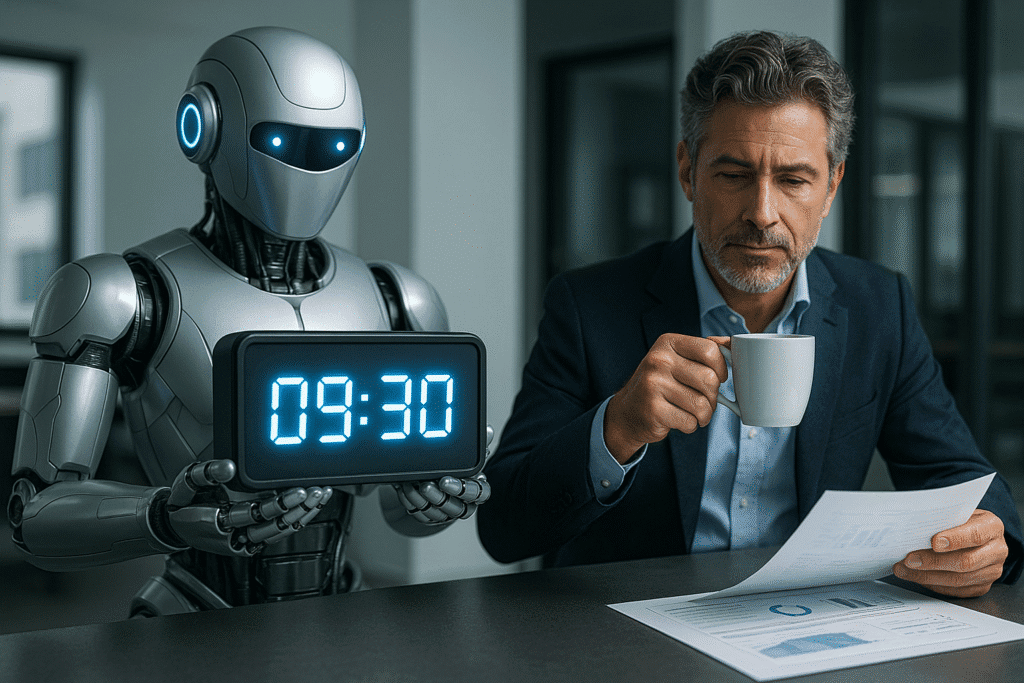
We used to equate performance with speed. Whoever answered fastest, wrote quickest, and responded soonest won. But AI has now cornered the speed market. It can process, summarize, and solve before most of us even finish our coffee.
So here’s the uncomfortable truth: Being faster isn’t impressive anymore. In fact, rushing might now be the red flag. Because human performance and AI have shifted the equation. The real value isn’t in how fast you go, it’s in where you decide to slow down.
AI handles speed. You handle strategy. The human advantage lies in choosing the moment to pause. To question the obvious. To say, “Yes, but what are we missing?” Performance in this era isn’t about chasing the algorithm. It’s about outthinking it.
Outpacing AI is pointless. Outthinking it is priceless.
Sylvie di Giusto
Trust Isn’t Just Given—It’s Being Tested

If AI can mimic authority, quote data, and sound confident, human trust becomes harder to earn and easier to lose. Employees are asking different questions now: “Was that written by a person or a bot?” “Is this decision algorithm-driven or human-led?” “Can I trust what I’m seeing?”
Human performance and AI have created a new kind of credibility test. It’s no longer just about getting things right, it’s about being believed.
Performance now includes how transparent you are, how well you communicate intent, and how consistently your words match your behavior. The strongest performers won’t just be the most skilled. They’ll be the most trusted.
It’s not just what you do; it’s whether they believe you meant it.
Sylvie di Giusto
From Confident to Cautious: The Rise of the Skeptical Contributor

AI has made us question more and not always in a good way. Some employees are double-checking everything. Others are hesitating to act. A few are watching from the sidelines, unsure where they still add value.
That skepticism isn’t laziness. It’s the emotional fallout of disruption.
Human performance and AI aren’t at odds, but the pace of change has created friction. High performers used to rely on confidence. Now they rely on caution.
That shift has its perks (less blind trust, more critical thinking) but also a price: burnout, hesitation, and decision fatigue. Performance is no longer just about doing more. It’s about navigating the ambiguity of doing it right in a landscape full of digital noise.
The smartest contributors don’t rush; they verify.
Sylvie di Giusto
Emotional Endurance > Hustle

AI doesn’t get tired. People do. Which means the new competitive edge in human performance isn’t hustle. It’s emotional endurance.
When AI is “always on” and expectations are “always up”, high performers need a different fuel source. Not adrenaline. Not urgency. But clarity, boundaries, and self-awareness.
Human performance and AI have created a strange paradox: as tasks get easier, pressure gets harder.
Because we’re no longer judged just on effort, we’re even more judged on value. On insight. On the ability to bring emotional depth to something that was otherwise just a task.
Your ability to keep showing up—present, calm, and thoughtful—is the new productivity metric.
The strongest performers aren’t pushing. They’re pacing.”
Sylvie di Giusto
Creativity and Curiosity Make a Comeback

Ironically, the most “human” parts of work were once seen as soft skills. Nice to have. Optional. But now? They’re survival traits.
Human performance and AI have drawn a new line. AI handles the repeatable. You handle the remarkable.
Creativity is no longer a department. It’s a daily requirement. Curiosity is no longer a quirk. It’s the fuel for relevance.
The people who will thrive in AI-integrated workplaces aren’t just efficient, they’re expansive. They see possibilities where others see patterns. They follow ideas where others follow prompts.
AI is great at answers. But it still needs better questions. That’s your job!
Original thinking just got promoted.
Sylvie di Giusto
Presence Over Perfection

Here’s what doesn’t perform well in AI-powered environments: hiding. You can’t out-perfect the machine. But you can outperform with presence. That means showing up with real-time judgment. Real-time empathy. Real-time leadership.
Human performance and AI are changing how we show up at work. Not just as roles or titles, but as personalities. As perspectives. As people.
The highest performers won’t be the ones who tried to match the machine. They’ll be the ones who made it clear they were something entirely different.
Perfect is robotic.
Human is remembered.
Sylvie di Giusto
Human Performance and AI: It's Not the Output, It's the Pulse
The machine will always be faster. Sharper. More scalable. But we were never built to be machines.
We were built to matter.
And human performance, at its best, isn’t about replicating output. It’s about offering what AI still can’t: judgment, nuance, trust, creativity, presence. In other words, performance with a pulse. That’s the edge. That’s the opportunity. That’s the work.
ACADEMIC INSIGHTS
HOT OF THE PRESS
Temple University | 2025
AI Won’t Take Your Job; It Will Make You Better at It
Cornell University | 2024
More Complaints, Worse Performance When AI Monitors Work
University of New Hampshire | 2025
AI vs. Human: Could Algorithms Be the Key to Fairer Employee Evaluations?
McKinsey | 2025
Superagency in the Workplace: Empowering People to Unlock AI’s Full Potential
Forbes | 2023
The Dark Side of AI: How It’s Impacting Human Cognitive Skills
Forbes | 2025
Why ‘AI Fatigue’ Is Wearing You Down And How To Beat It
FREQUENTLY ASKED QUESTIONS
Will AI eventually reduce the need for human performance evaluations?
Unlikely. If anything, AI makes performance evaluations more nuanced, not less necessary. With AI handling routine tasks, human contributions become harder to quantify—but more important to recognize. Human performance and AI together require evaluations that go beyond metrics. Emotional labor, creative problem-solving, and team influence don’t always show up in a dashboard. Leaders need to evolve how they observe, listen, and reward to reflect the complex environment AI creates.
Can human performance decline if people become too dependent on AI tools?
Yes, there’s a risk. As AI automates more tasks, it can lead to cognitive offloading—where people stop practicing critical skills because the tool “knows better.” Human performance and AI must be carefully balanced. Over-dependence can result in decision fatigue, complacency, or a loss of confidence. That’s why it’s essential to stay actively engaged in decision-making, question AI outputs when needed, and maintain a strong sense of ownership over outcomes.
How does AI influence motivation and employee engagement?
Motivation can either soar or sink in AI-integrated workplaces. When used well, AI can reduce busywork and free up time for meaningful contributions—boosting morale. But when it’s rolled out without context or care, AI can make people feel replaceable. Human performance and AI intersect most powerfully when employees feel empowered, not evaluated by machines. Leaders play a critical role in reinforcing the message that AI is a tool for people—not a test of their worth.
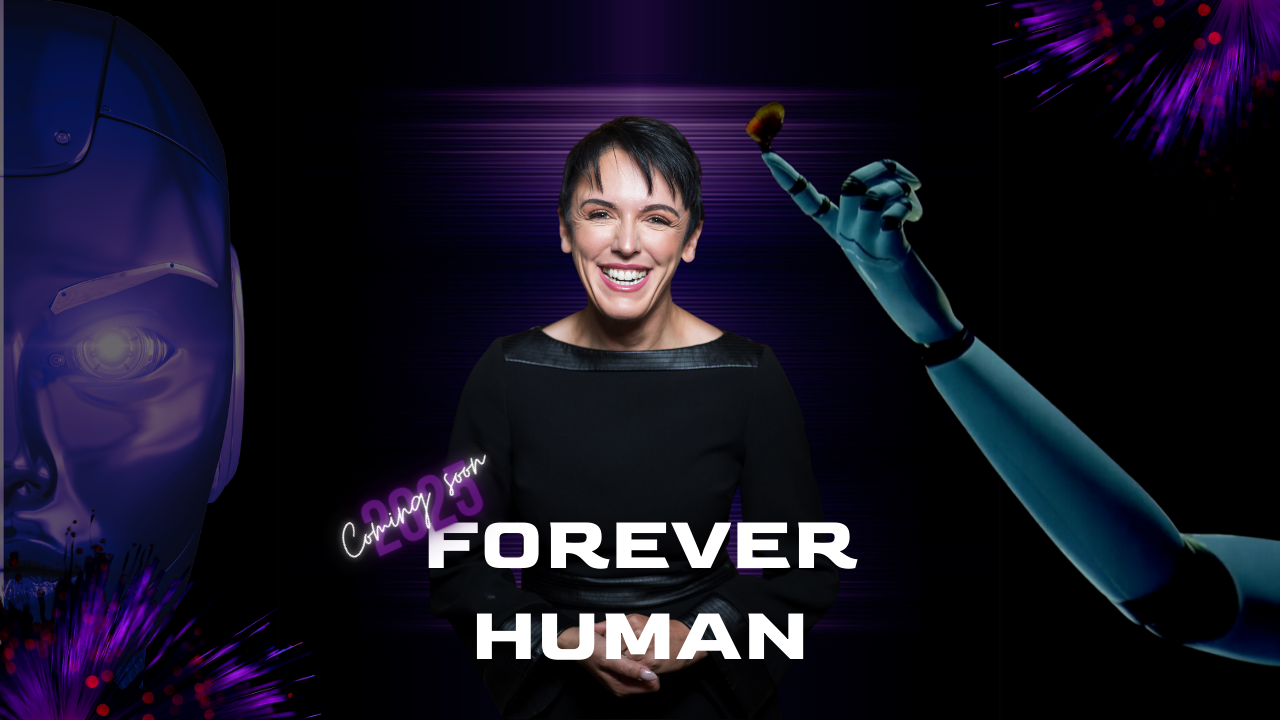
Still think you’ve seen it all? You haven’t.
